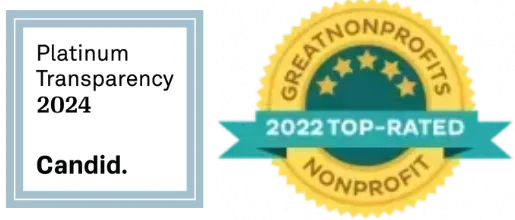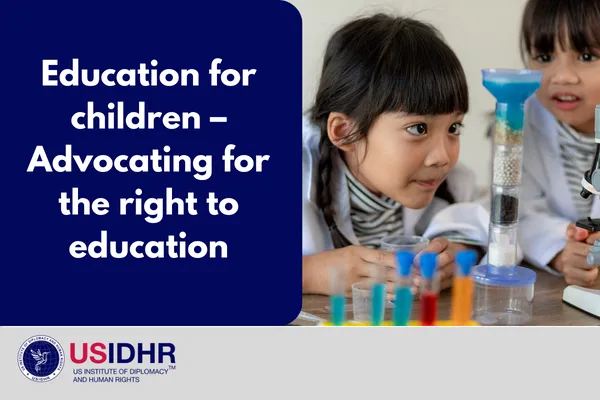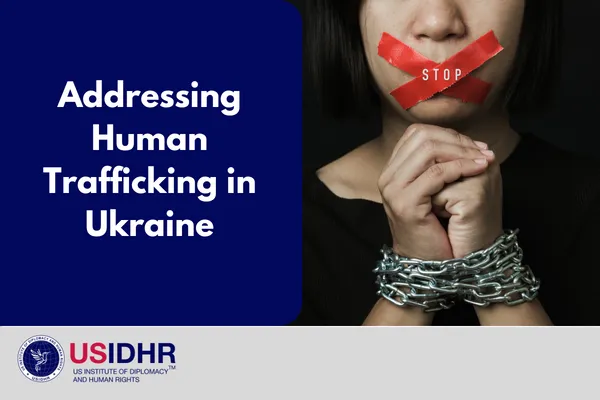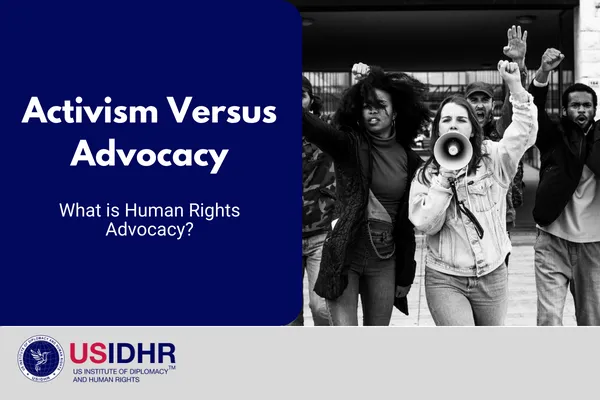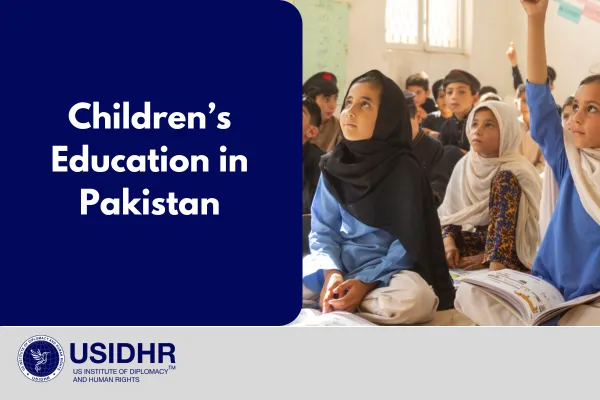
The significance of children receiving primary education is extremely underrated. In order for young people to move forwards in their development, it is vital they attend school. However, there are currently more than 68 million children worldwide not enrolled in school. Children up to age 6 experience important phases of their psychological development and socialization, most of which they get from 'school'[1] (Seifert & Sutton, 2018).
Currently, Pakistan has the world’s second-highest number of out-of-school children, estimated at 22.8 million between '5 and 16'[2](UNICEF). The average percentage of those who have a general education is 54%, of this, 66.25% are male and 41.7% are 'female'[3](Federal Ministry of Education, 2019) . Additionally, boys outnumber girls at all stages of 'education'[4] (Hunter, 2020) with girls missing out on education due factors including, child marriage, child labor, and gender 'discrimination'[5] (Human Rights Watch, 2019). There a lots of local inequalities amongst communities in Pakistan. As mentioned, there is a disparity in the percentage of boys and girls who get access to education, such disparities continue across different socioeconomic backgrounds also. Families in rural areas often cannot afford the necessary resources to send their children to 'school'[4] (Hunter, 2020).
With such a large population, if Pakistan were to focus on providing education and training programs for youth, they could significantly push the modernisation of the country forwards (Hunter, 2020). The government of Pakistan is working to significantly reduce the number of out-of-school children, focusing more specifically on Early Childhood 'Education'[2](UNICEF). The education system has undergone reform, with a standard education now being free and compulsory to all 'children'[7](Human Rights Watch, 2018).
What Can We Do?
Here at USIDHR we have organized our own charitable cause “A Chance to Study”. In this venture, we are providing resources to children who cannot afford to attend school, in hopes that this will enable them to complete their education, and also, encourage them to remain in school. Everyone has a right to education, no matter where you are born, your gender, your socioeconomic status, or any other criteria – you have the right to a quality education. If you wish to join us in our mission to decrease the number of out-of-school children in Pakistan, then please, 'donate'[8] to our cause.
Reference list:
[1] https://courses.lumenlearning.com/educationalpsychology/chapter/why-development-matters/
[3] http://www.mofept.gov.pk/Publications
[4] https://wenr.wes.org/2020/02/education-in-pakistan
[5] https://www.hrw.org/world-report/2019/country-chapters/pakistan#
Join One of Our Certificate Trainings:
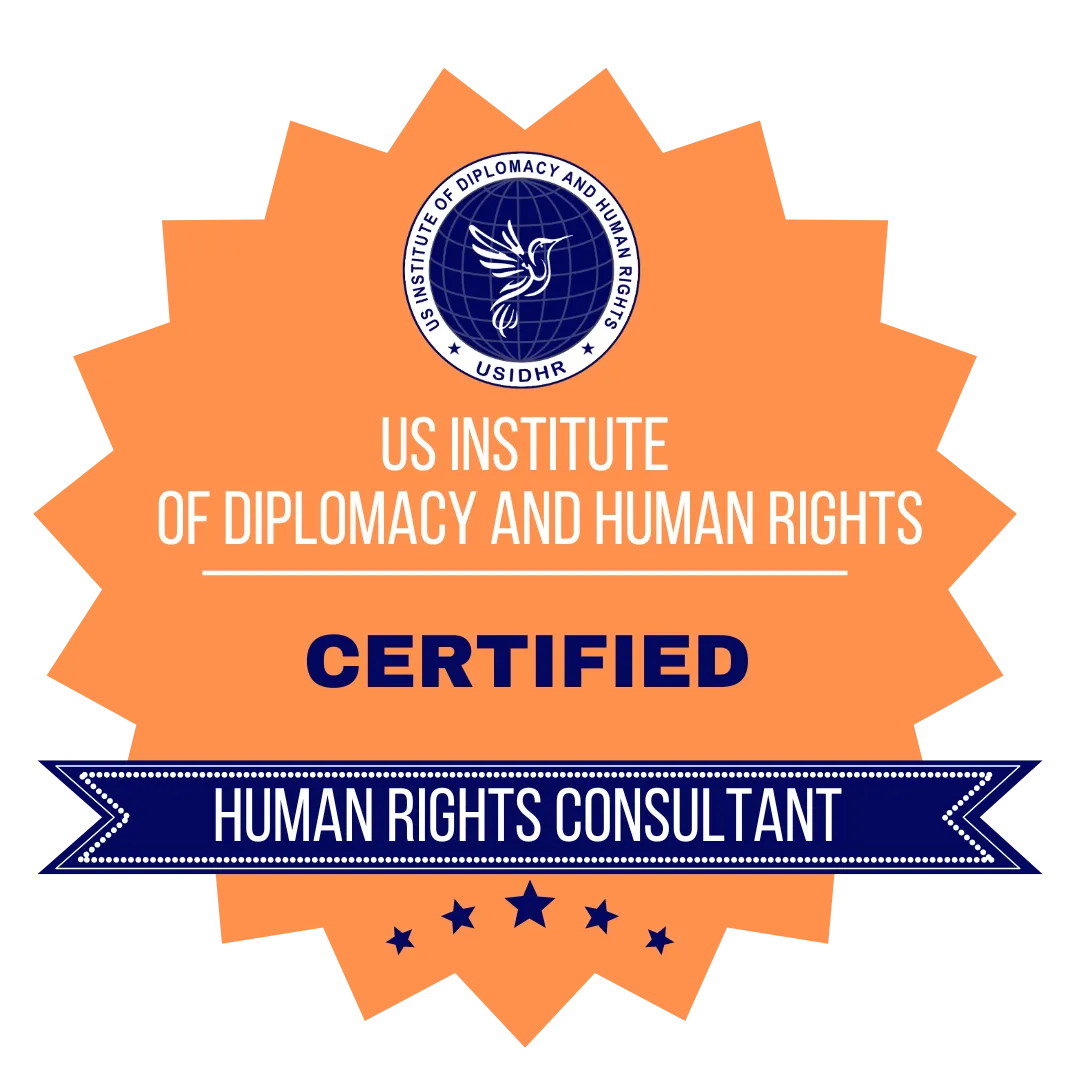
Human Rights Education Certification Training
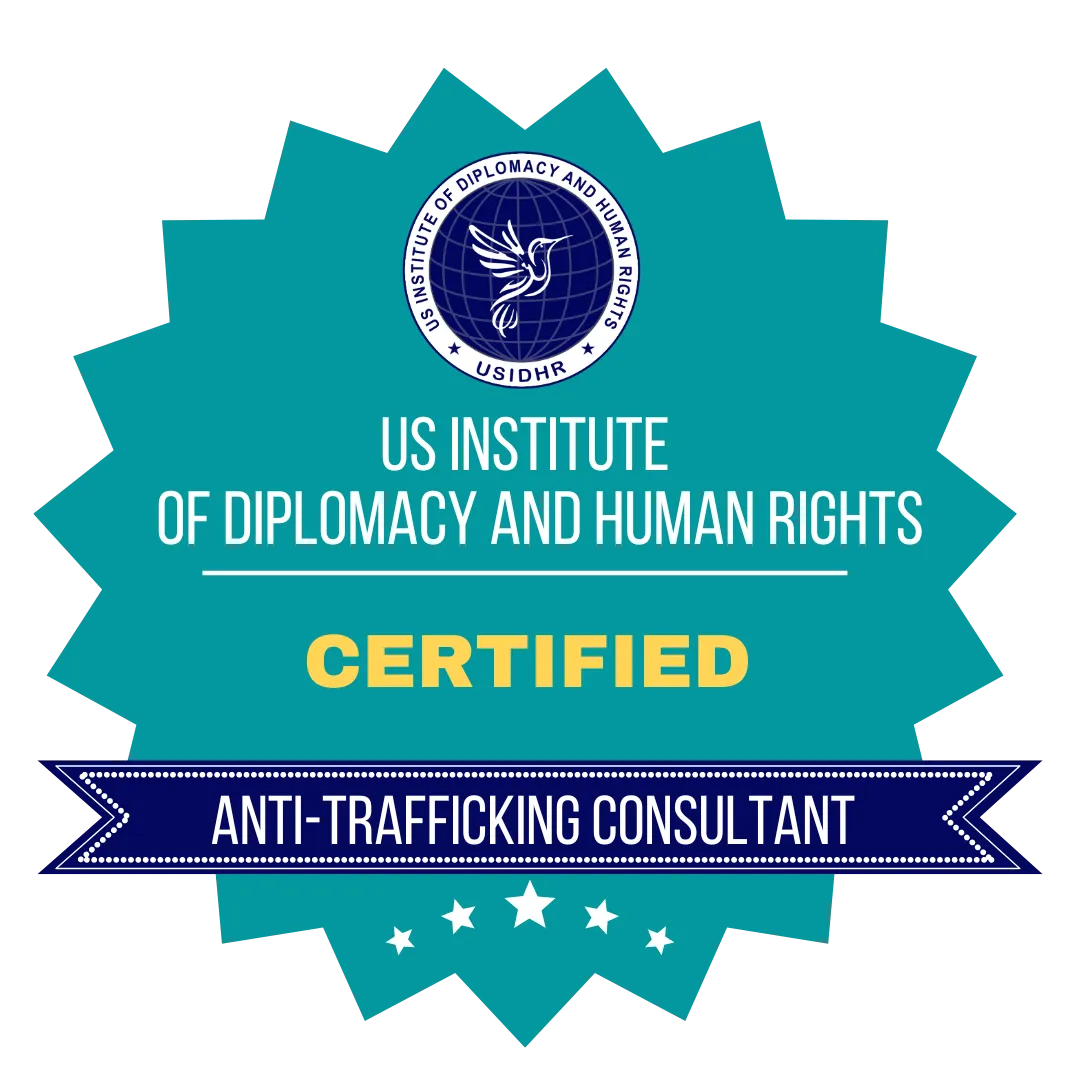
Human Trafficking Certification
Training
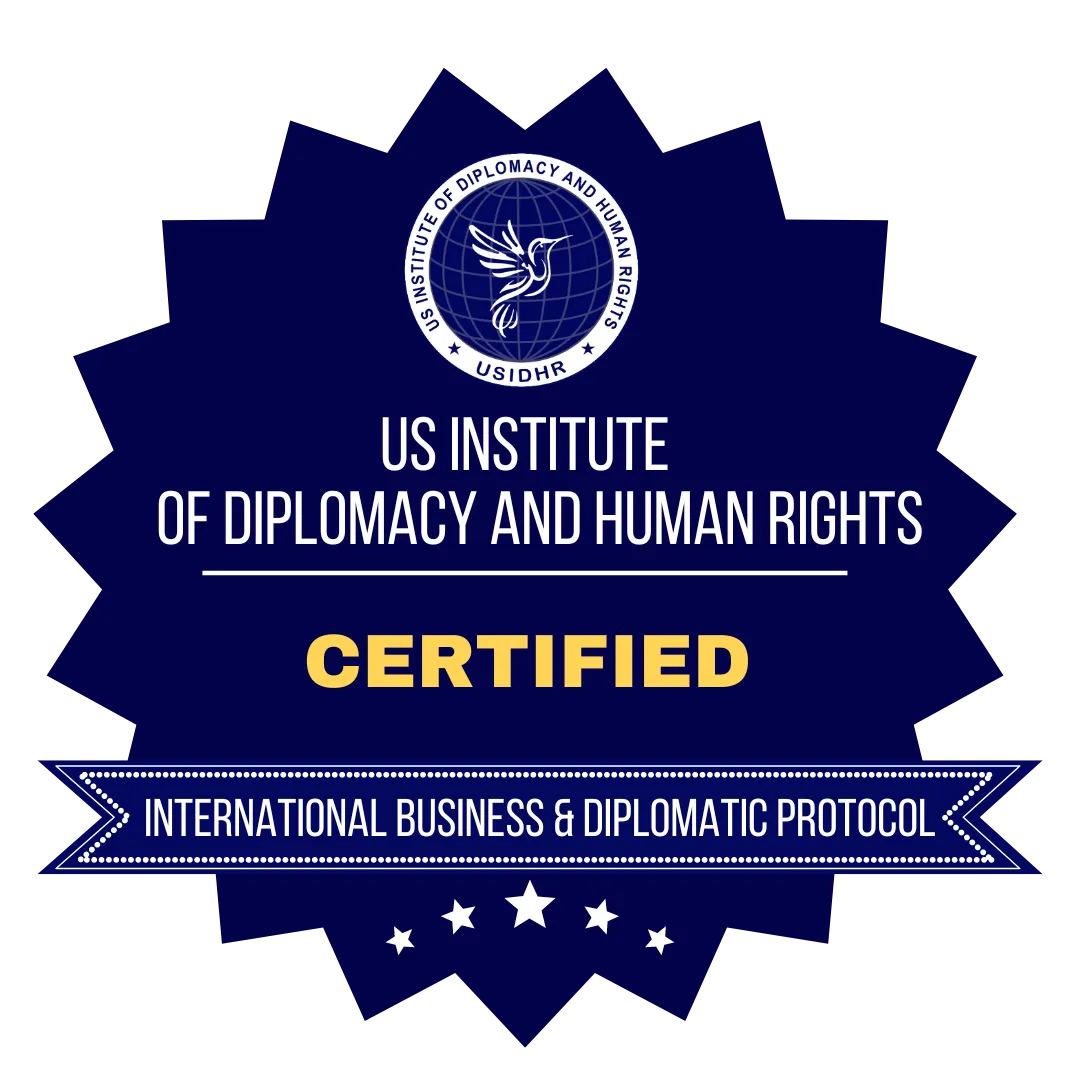
International Business and Diplomatic Protocol Certification
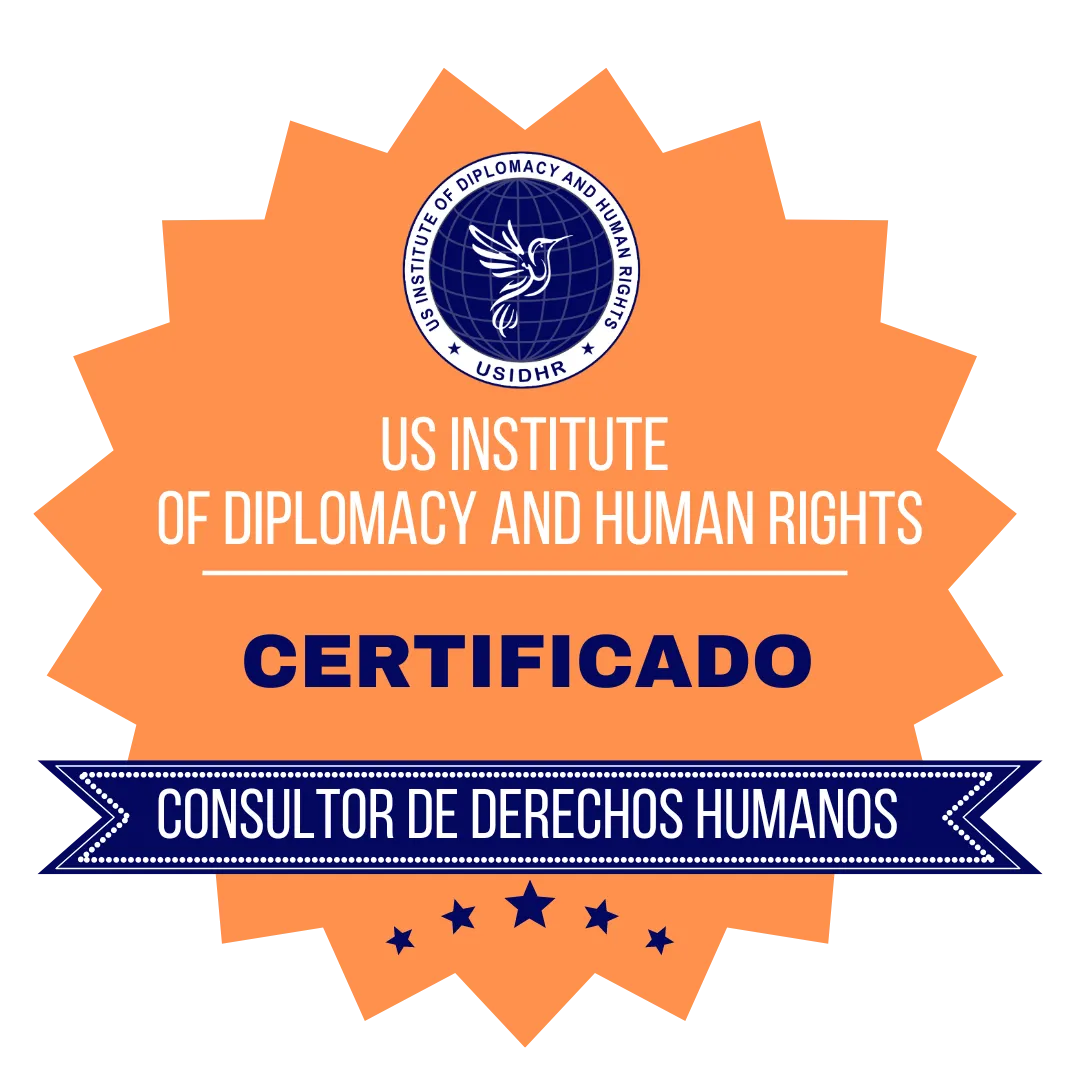
Capacitación En Derechos Humanos
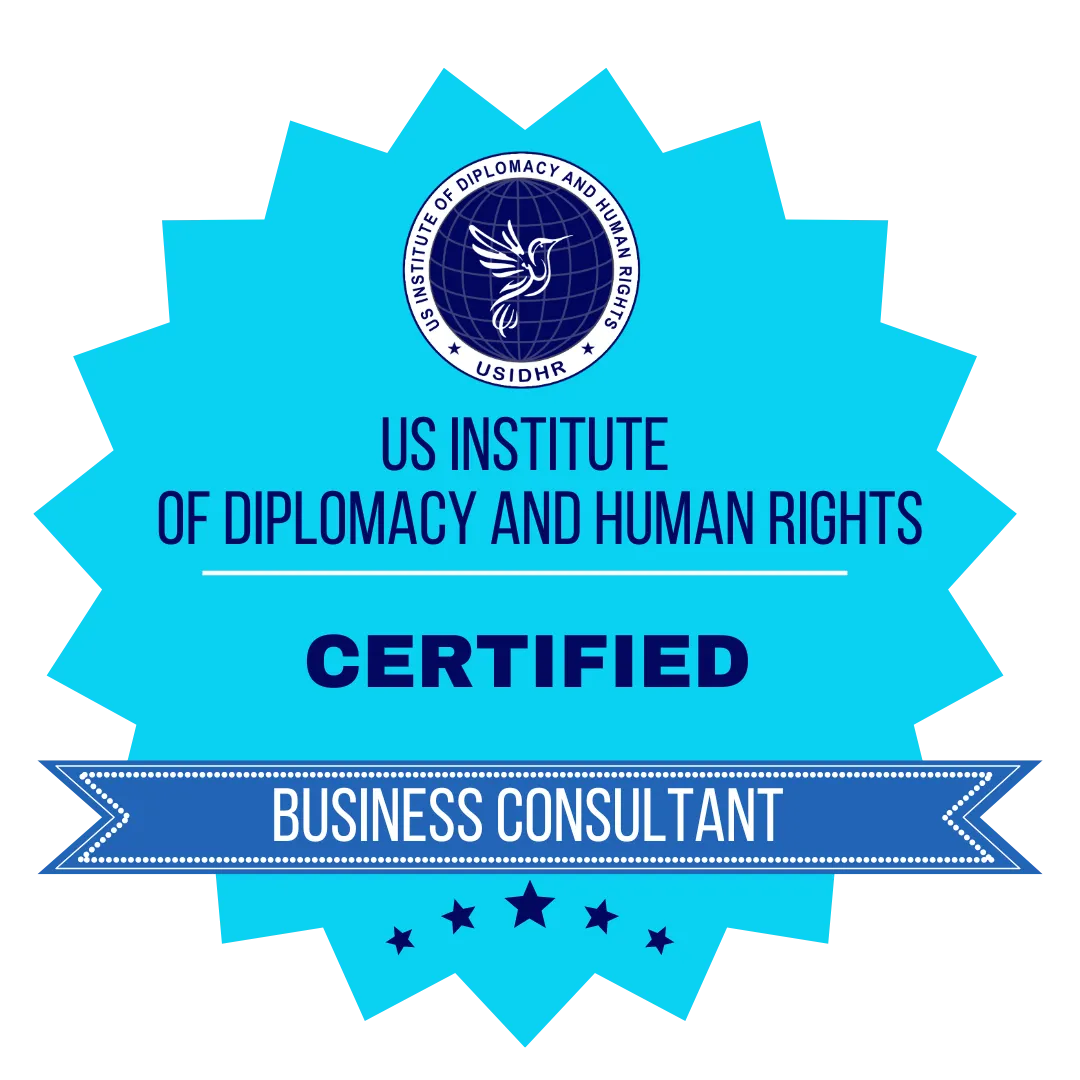
Business Consulting Certification Training
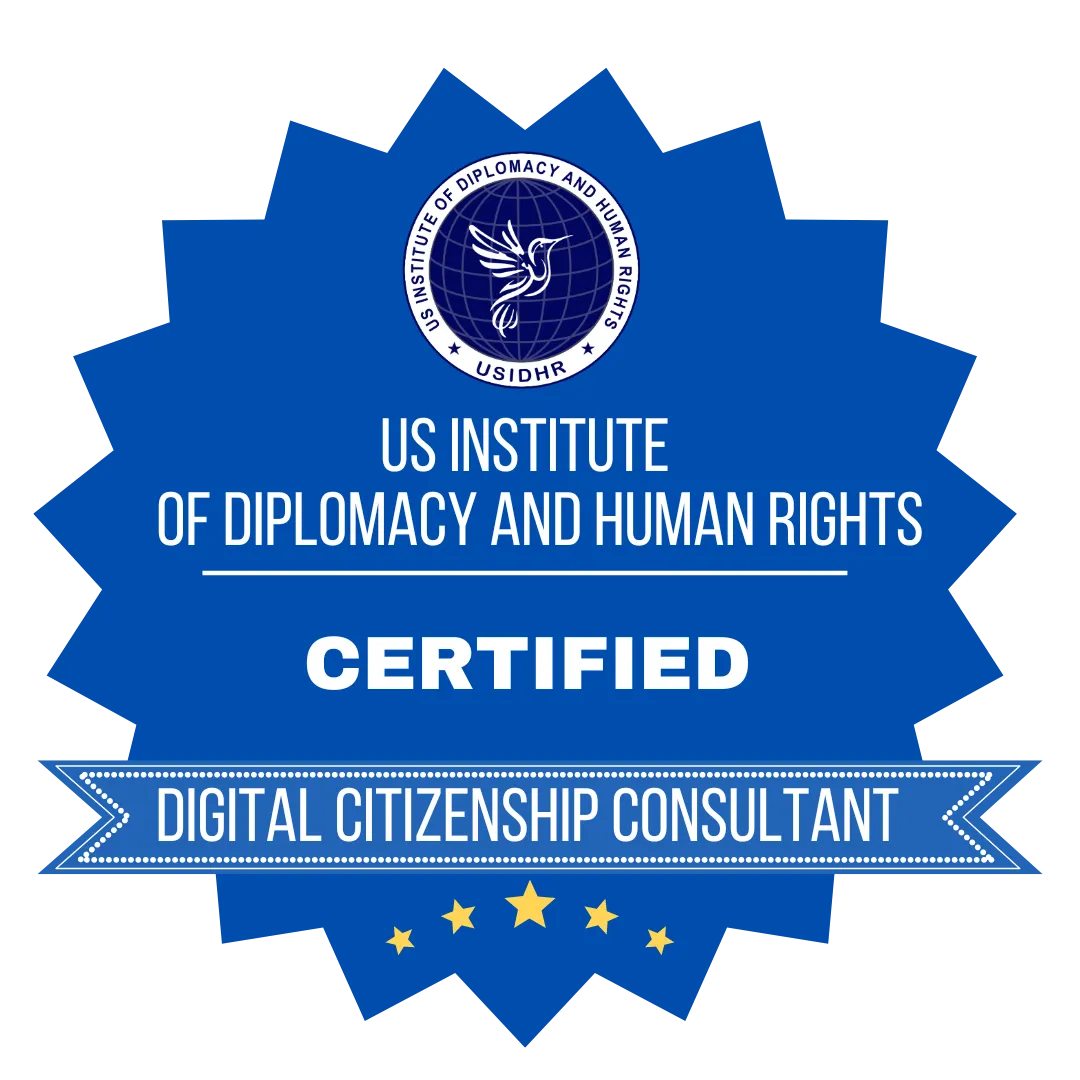
Digital Citizenship Certification
Training
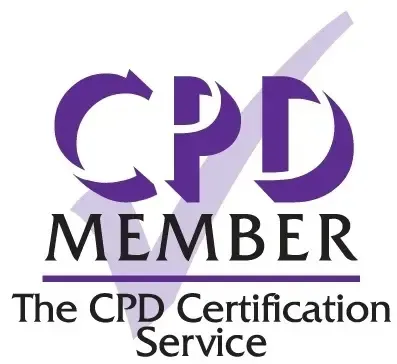
The US Institute of Diplomacy and Human Rights (USIDHR) is an International Continuing Professional Development (CPD) Accredited Organization. Accredited CPD training means the learning activity has reached the required Continuing Professional Development standards and benchmarks. The learning value has been scrutinized to ensure integrity and quality. The CPD Certification Service provides recognized independent CPD accreditation compatible with global CPD requirements
US Institute Of Diplomacy And Human Rights
1250 Connecticut Ave NW Ste 700, Washington, DC 20036

